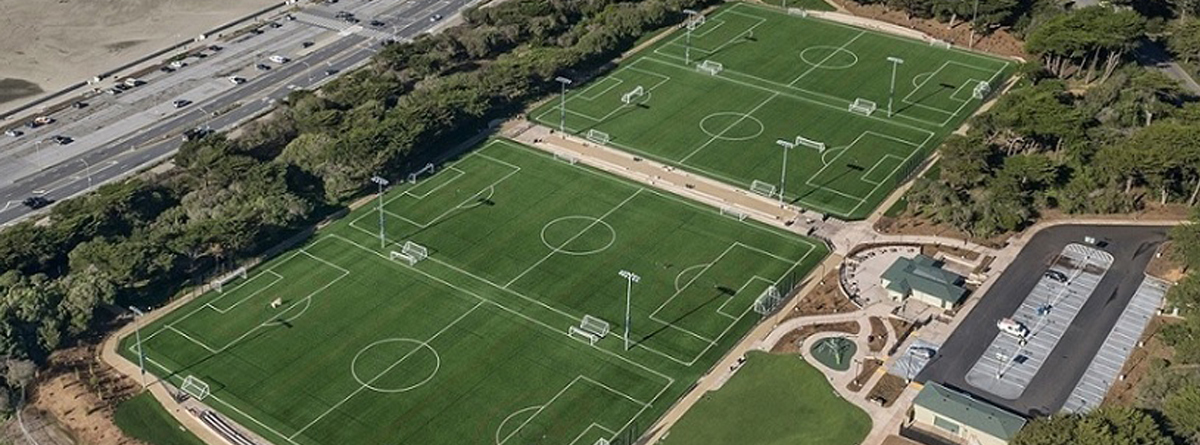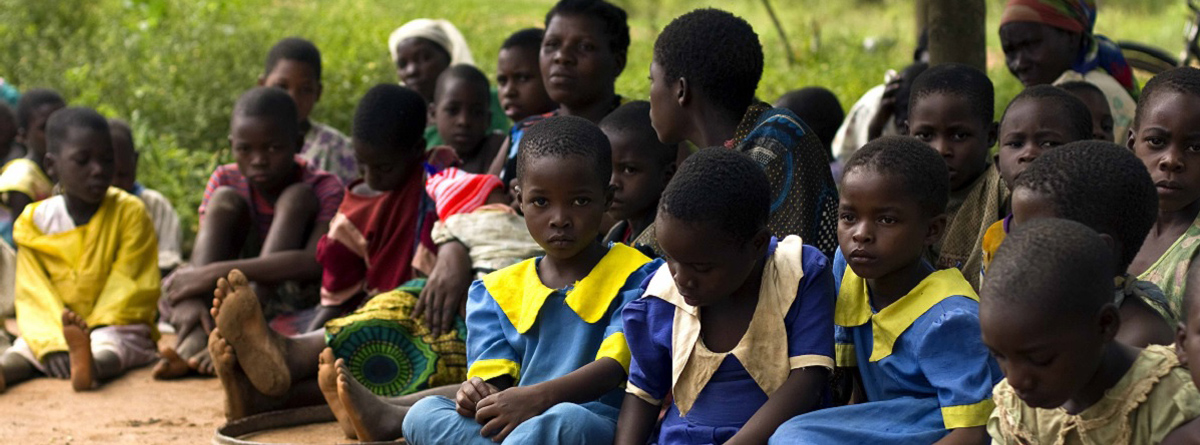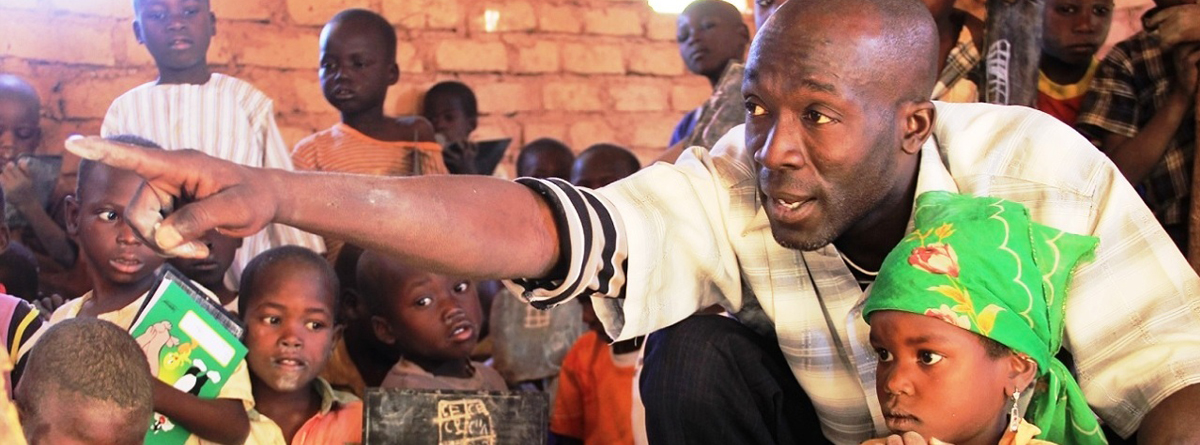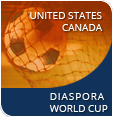
The Diaspora
World Cup
World Cup
|
|
England
Miami – West P. Beach
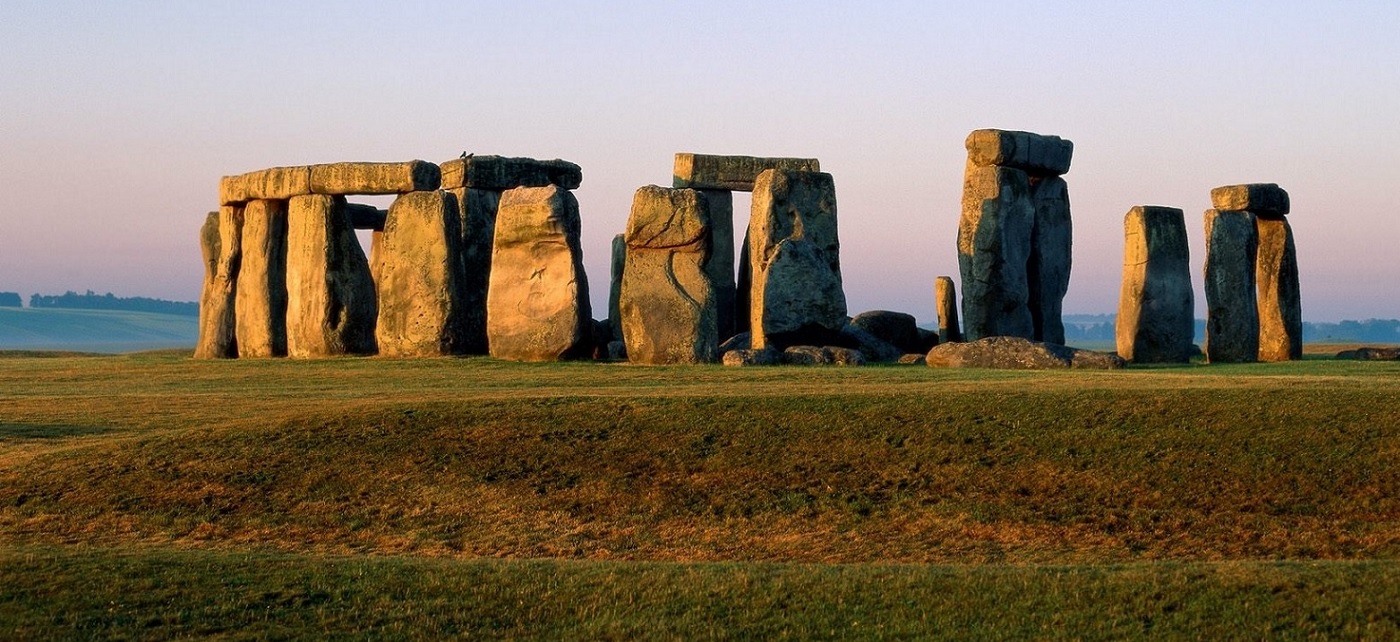
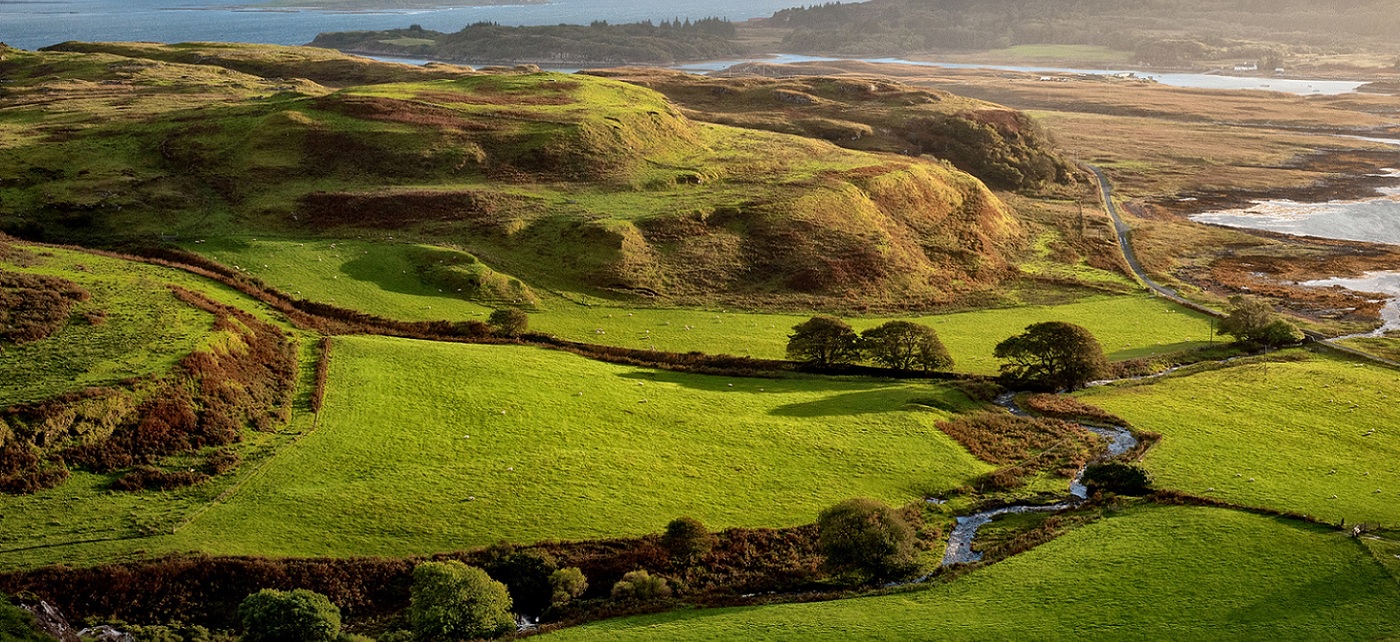

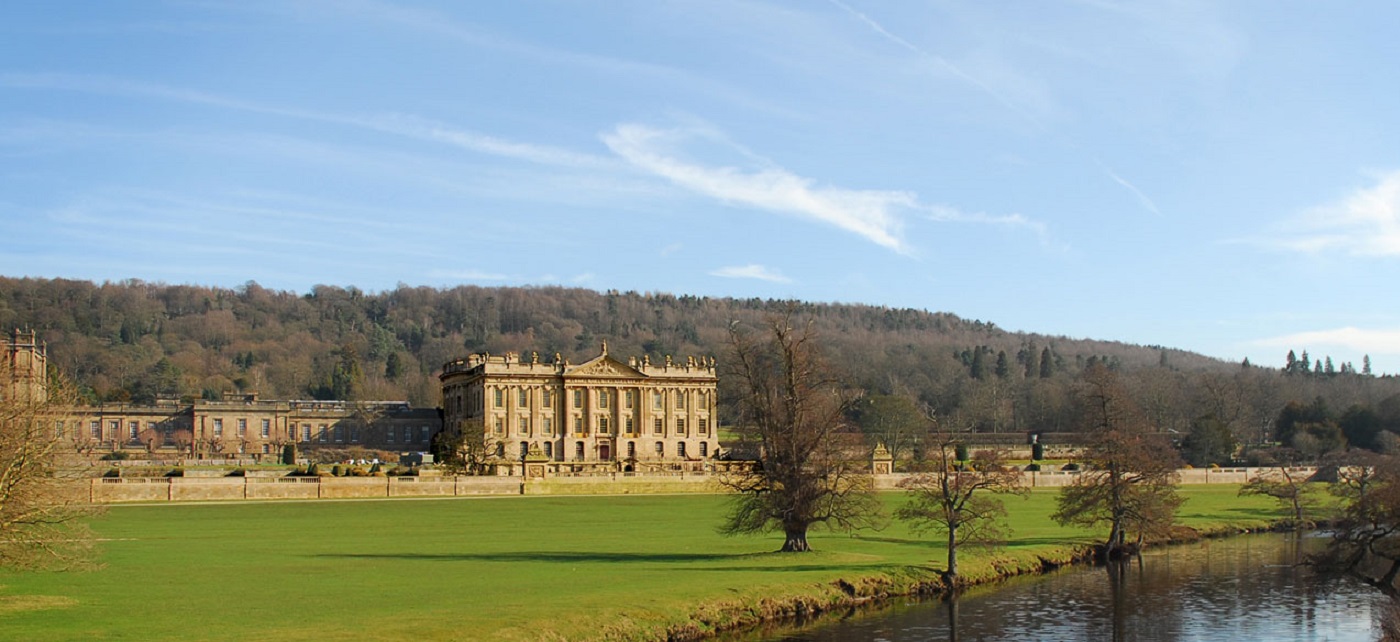
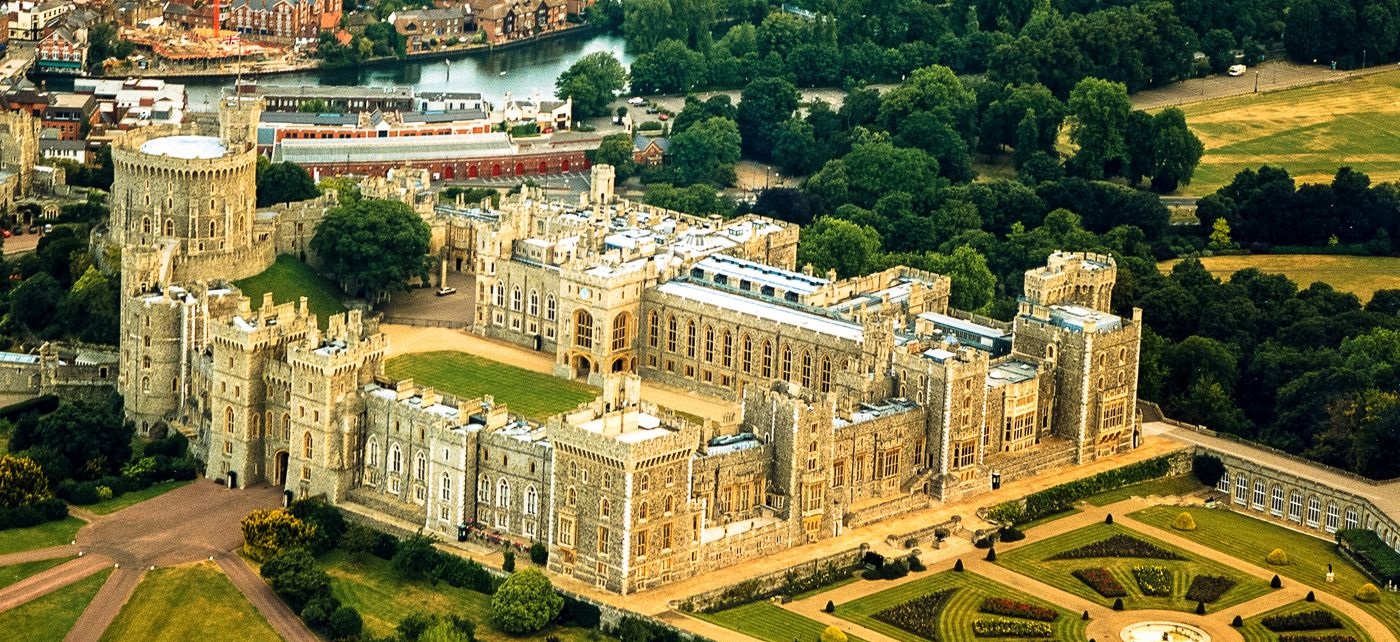

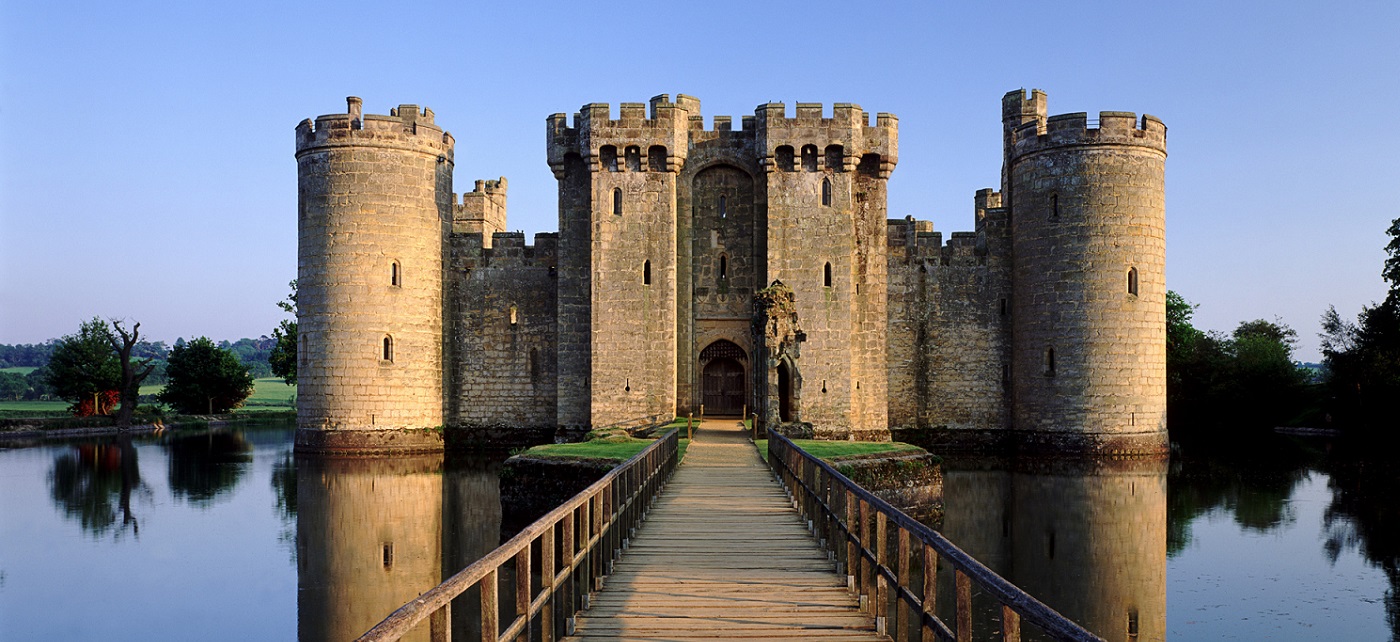
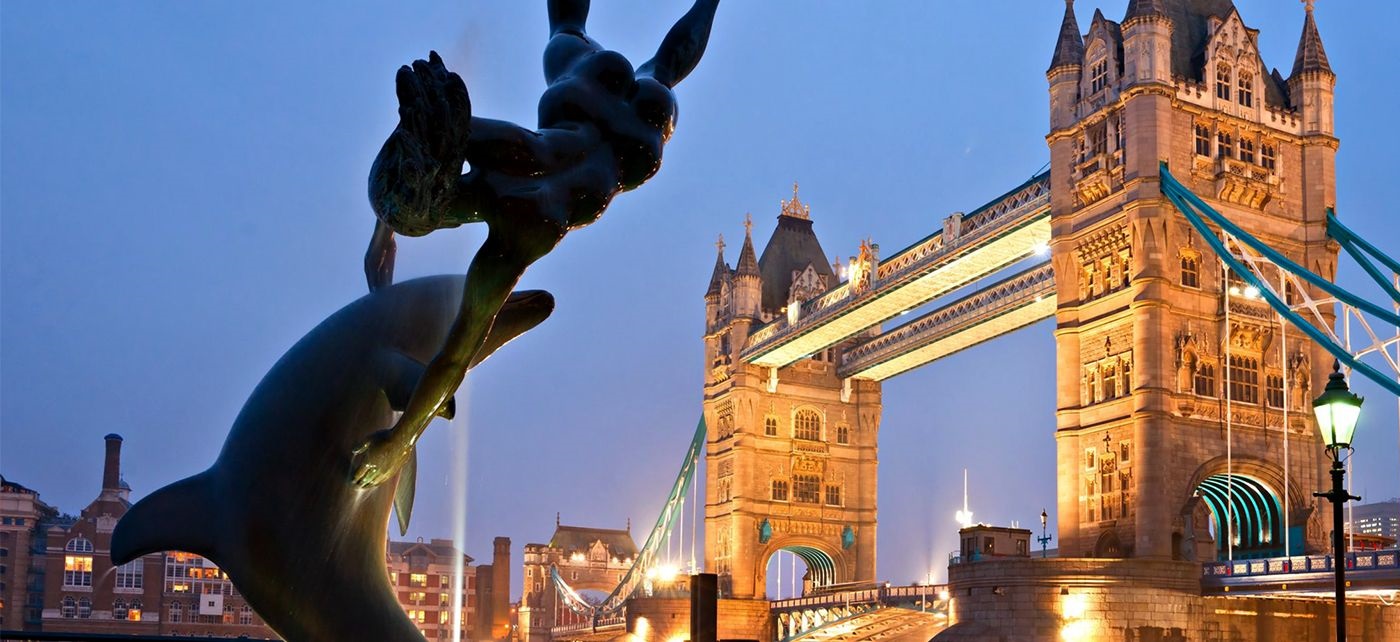
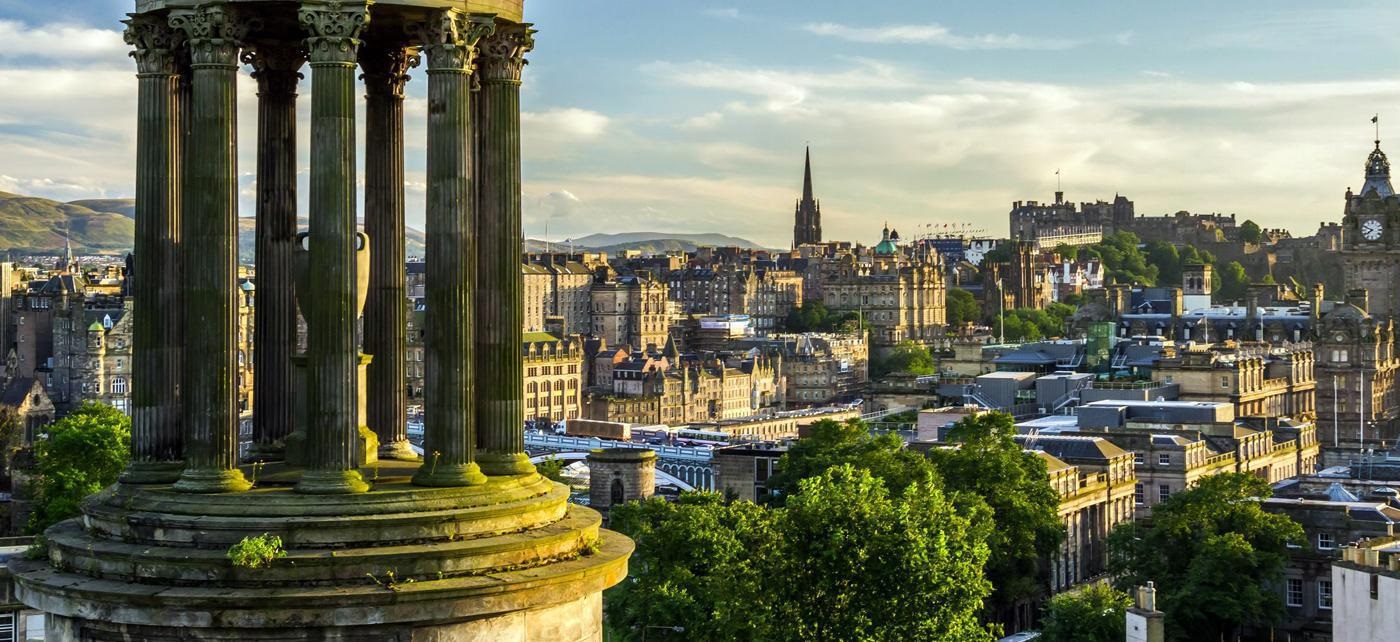
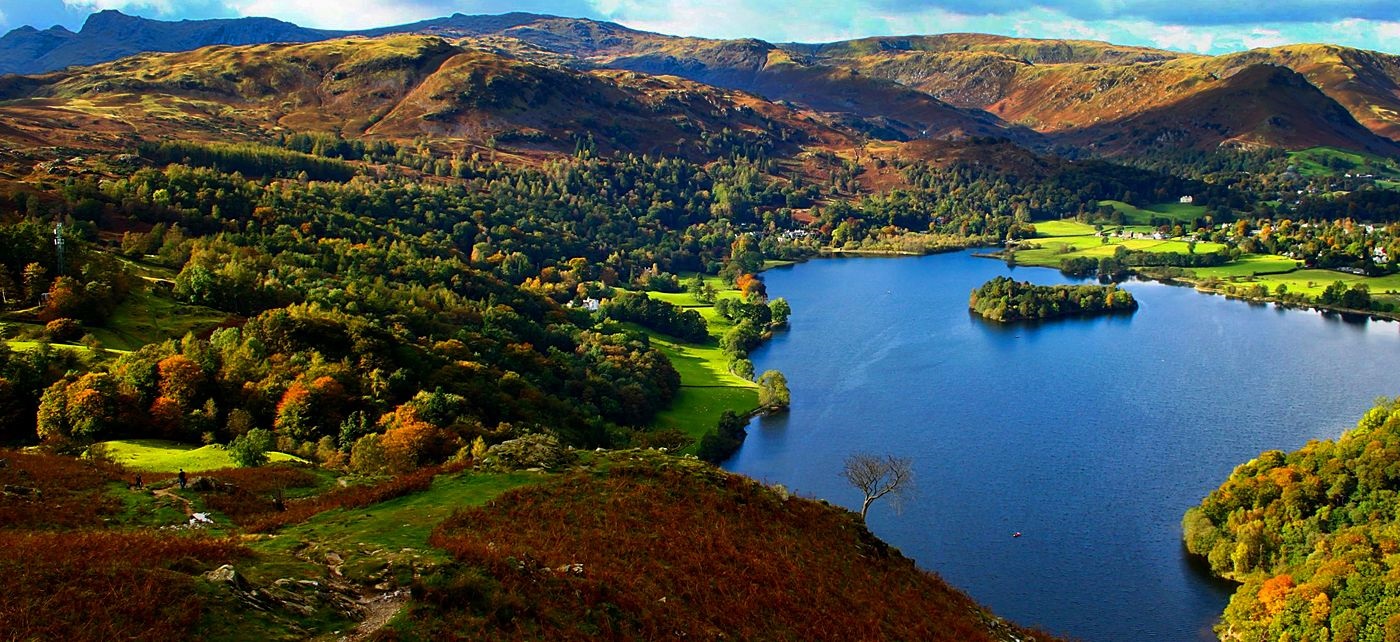
Perfil
England is a country that is part of the United Kingdom. It shares land borders with Scotland to the north and Wales to the west; the Irish Sea is to the north west, the Celtic Sea to the south west, with the North Sea to the east and the English Channel to the south separating it from continental Europe. Most of England comprises the central and southern part of the island of Great Britain in the North Atlantic. The country also includes over 100 smaller islands such as the Isles of Sicily and the Isle of Wight.
The area now called England was first inhabited by modern humans during the Upper Palaeolithic period, but it takes its name from the Angles, one of the Germanic tribes who settled during the 5th and 6th centuries. England became a unified state in AD 927, and since the Age of Discovery, which began during the 15th century, has had a significant cultural and legal impact on the wider world. The English language, the Anglican Church, and English law — the basis for the common law legal systems of many other countries around the world — developed in England, and the country's parliamentary system of government has been widely adopted by other nations. The Industrial Revolution began in 18th-century England, transforming its society into the world's first industrialized nation. England's Royal Society laid the foundations of modern experimental science.
As part of the United Kingdom, the basic political system in England is a constitutional monarchy and parliamentary system. There has not been a Government of England since 1707, when the Acts of Union 1707, putting into effect the terms of the Treaty of Union, joined England and Scotland to form the Kingdom of Great Britain. Before the union England was ruled by its monarch and the Parliament of England. Today England is governed directly by the Parliament of the United Kingdom, although other countries of the United Kingdom have devolved governments. In the House of Commons which is the lower house of the British Parliament based at the Palace of Westminster, there are 532 Members of Parliament (MPs) for constituencies in England, out of the 650 total.
As its name suggests, the English language, today spoken by hundreds of millions of people around the world, originated as the language of England, where it remains the principal tongue today. It is an Indo-European language in the Anglo-Frisian branch of the Germanic family. After the Norman conquest, the Old English language was displaced and confined to the lower social classes as Norman French and Latin were used by the aristocracy.
Christianity is the most widely practised religion in England, as it has been since the Early Middle Ages, although it was first introduced much earlier, in Gaelic and Roman times. It continued through Early Insular Christianity, and today about 72% of English people identify as Christians. The largest form practised in the present day is Anglicanism, dating from the 16th century Reformation period, with the 1536 split from Rome over Henry VIII wanting to divorce Catherine of Aragon; the religion regards itself as both Catholic and Reformed.
Since the Early Modern Period the food of England has historically been characterised by its simplicity of approach, honesty of flavour, and a reliance on the high quality of natural produce. During the Middle Ages and through the Renaissance period, English cuisine enjoyed an excellent reputation, though a decline began during the Industrial Revolution with the move away from the land and increasing urbanisation of the populace. The French sometimes referred to English people as les rosbifs, as a stereotype to suggest English food is unsophisticated or crude. The cuisine of England has, however, recently undergone a revival, which has been recognised by the food critics with some good ratings in Restaurant's best restaurant in the world charts. An early book of English recipes is the Forme of Cury from the royal court of Richard II.
The area now called England was first inhabited by modern humans during the Upper Palaeolithic period, but it takes its name from the Angles, one of the Germanic tribes who settled during the 5th and 6th centuries. England became a unified state in AD 927, and since the Age of Discovery, which began during the 15th century, has had a significant cultural and legal impact on the wider world. The English language, the Anglican Church, and English law — the basis for the common law legal systems of many other countries around the world — developed in England, and the country's parliamentary system of government has been widely adopted by other nations. The Industrial Revolution began in 18th-century England, transforming its society into the world's first industrialized nation. England's Royal Society laid the foundations of modern experimental science.
As part of the United Kingdom, the basic political system in England is a constitutional monarchy and parliamentary system. There has not been a Government of England since 1707, when the Acts of Union 1707, putting into effect the terms of the Treaty of Union, joined England and Scotland to form the Kingdom of Great Britain. Before the union England was ruled by its monarch and the Parliament of England. Today England is governed directly by the Parliament of the United Kingdom, although other countries of the United Kingdom have devolved governments. In the House of Commons which is the lower house of the British Parliament based at the Palace of Westminster, there are 532 Members of Parliament (MPs) for constituencies in England, out of the 650 total.
As its name suggests, the English language, today spoken by hundreds of millions of people around the world, originated as the language of England, where it remains the principal tongue today. It is an Indo-European language in the Anglo-Frisian branch of the Germanic family. After the Norman conquest, the Old English language was displaced and confined to the lower social classes as Norman French and Latin were used by the aristocracy.
Christianity is the most widely practised religion in England, as it has been since the Early Middle Ages, although it was first introduced much earlier, in Gaelic and Roman times. It continued through Early Insular Christianity, and today about 72% of English people identify as Christians. The largest form practised in the present day is Anglicanism, dating from the 16th century Reformation period, with the 1536 split from Rome over Henry VIII wanting to divorce Catherine of Aragon; the religion regards itself as both Catholic and Reformed.
Since the Early Modern Period the food of England has historically been characterised by its simplicity of approach, honesty of flavour, and a reliance on the high quality of natural produce. During the Middle Ages and through the Renaissance period, English cuisine enjoyed an excellent reputation, though a decline began during the Industrial Revolution with the move away from the land and increasing urbanisation of the populace. The French sometimes referred to English people as les rosbifs, as a stereotype to suggest English food is unsophisticated or crude. The cuisine of England has, however, recently undergone a revival, which has been recognised by the food critics with some good ratings in Restaurant's best restaurant in the world charts. An early book of English recipes is the Forme of Cury from the royal court of Richard II.
País Ubicación


